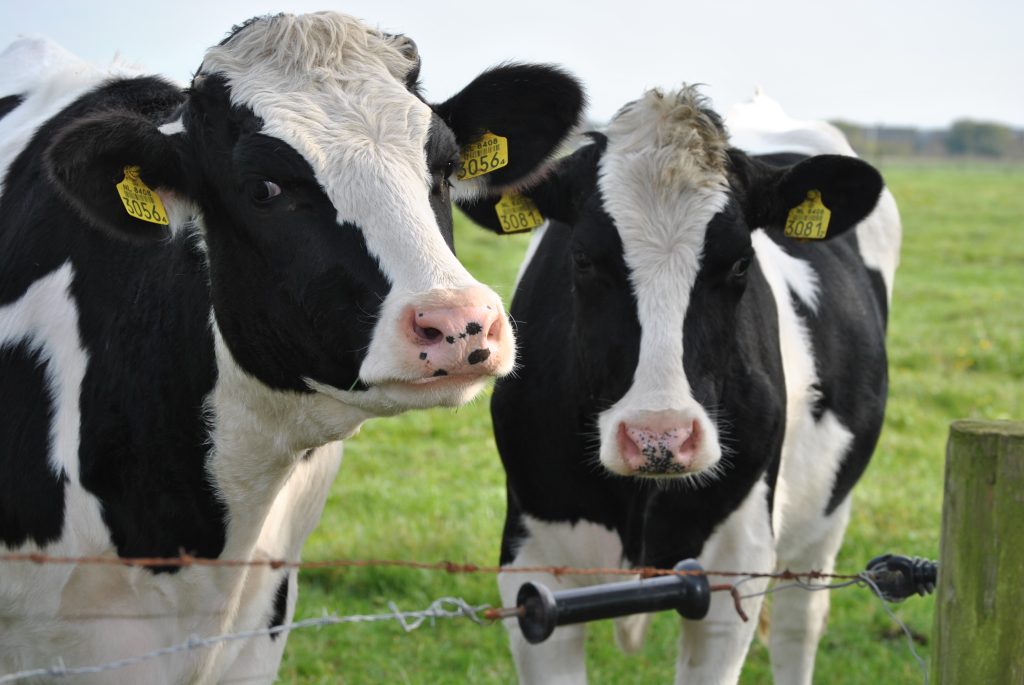African cows could be made immune to a disease that currently kills a million of them a year.
All around the world millions of people feed their families and make their living from cows, whose meat and milk has been a staple of human diets for thousands of years. This situation makes the East Coast Fever, a common tick-borne disease that kills off infected cows in a matter of weeks, a big problem. That’s particularly true because the fever is only found in African countries, where cow farmers are more likely to be poorer and where government welfare or assistance is more likely to be patchy or non-existent. In these cases, any cow deaths can be economically challenging if not downright ruinous for their owners.
There is an effective vaccine for East Coast Fever. But in a classic example of the poverty trap, it is generally too expensive for farmers who are not well-off enough to be able to invest in it. But now researchers think they may have found another, more accessible solution. It seems that some cows are genetically predisposed to have some immunity to the disease. That means if farmers owned only cows that carry these genes, they’d be much less likely to face financial trouble if an infected tick hit up their herd.
Getting enough such fever-fighting cows for all the African farmers could happen in two ways. The first is selective breeding. Basically farmers screen cattle for the desired genes and breed the ones who have it, in the hope they will pass it along to their calves. The other option is gene editing, where scientists tinker away at cow foetal DNA to ensure the right genes are in there. This option is obviously a safer bet, but requires more effort and money upfront. Once the gene-edited breed is established, however, there should be enough of them that their cost isn’t likely to be prohibitive for small-scale farmers.
Another benefit of gene-editing is that it could probably be used on European cow breeds, which from a milk-and-meat-producing perspective are much more productive than African ones but which can’t be used on the continent because they’re too susceptible to African diseases, including East Coast Fever. Get rid of that weakness, however, and they could provide big benefits to local farmers. On average, British cows produce ten times more milk than Kenyan ones, so a Kenyan farmer who could switch up their herd to European breeds could theoretically increase their income ten-fold.
This might yet all prove too good to be true. Genes are tricky things, and it’s possible that the benefits that come from greater East Coast Fever immunity might end up being overshadowed by the genes also coming with other negative traits such as increased susceptibility to other illnesses. And some people are funny about consuming food that has been genetically modified because they think it comes with health risks (although there is no evidence that it does).
But if these genes do prove to be a way to make African dairy farming more productive, many people will benefit. Obviously the farmers who are making extra money can then use it to improve life for their family, but the increased income could also help their community (as more money gets spent in local businesses) and possibly their country too, as more tax could be paid to governments and then spent on useful things like education and healthcare.
Read our explainer on: what a productive life looks like

